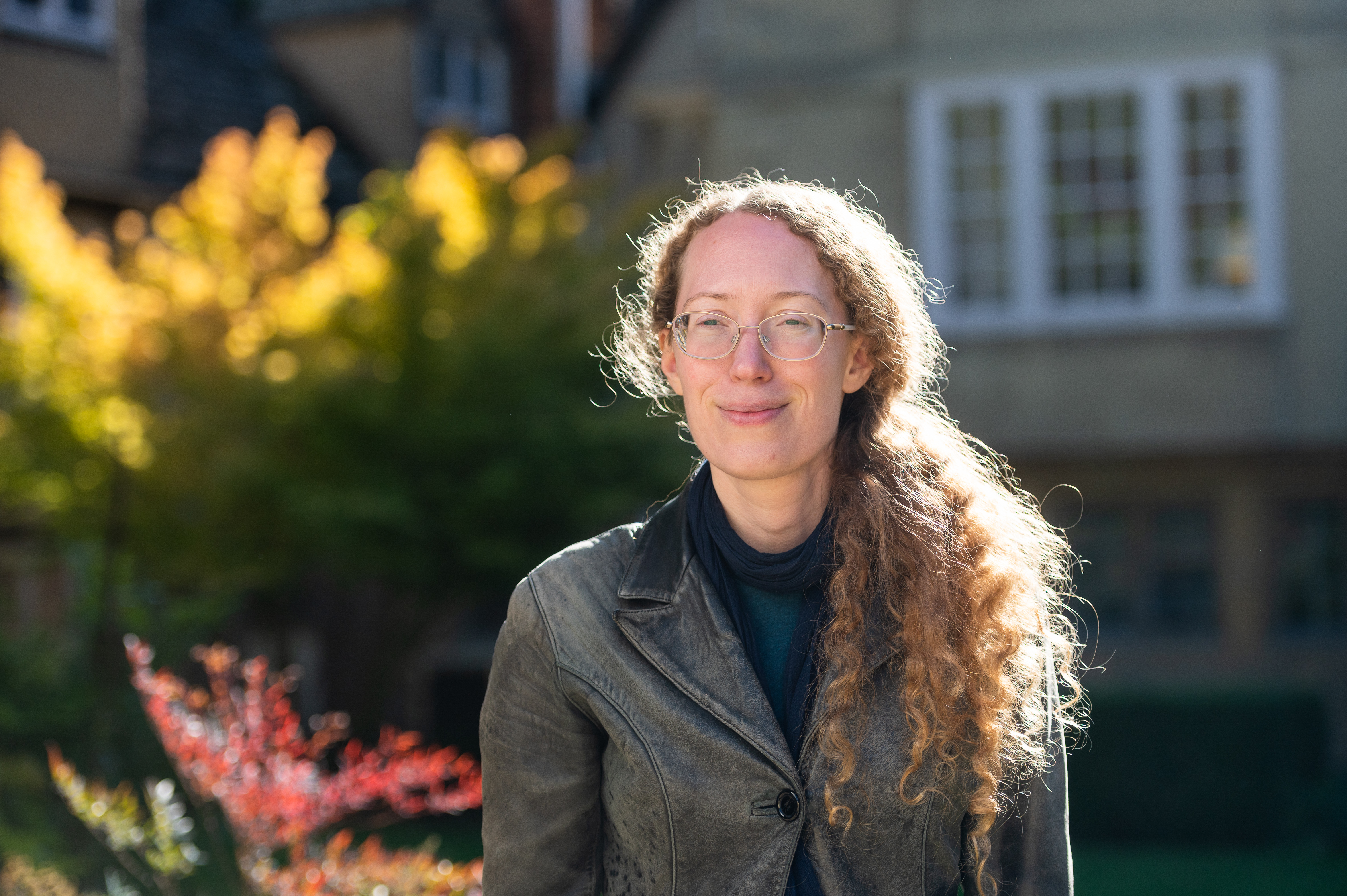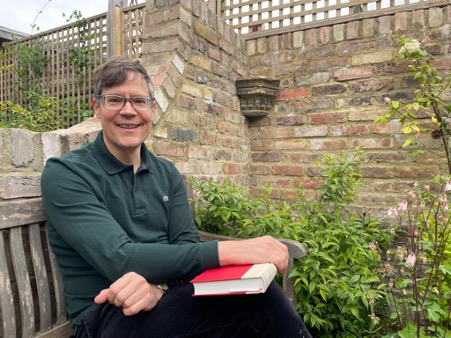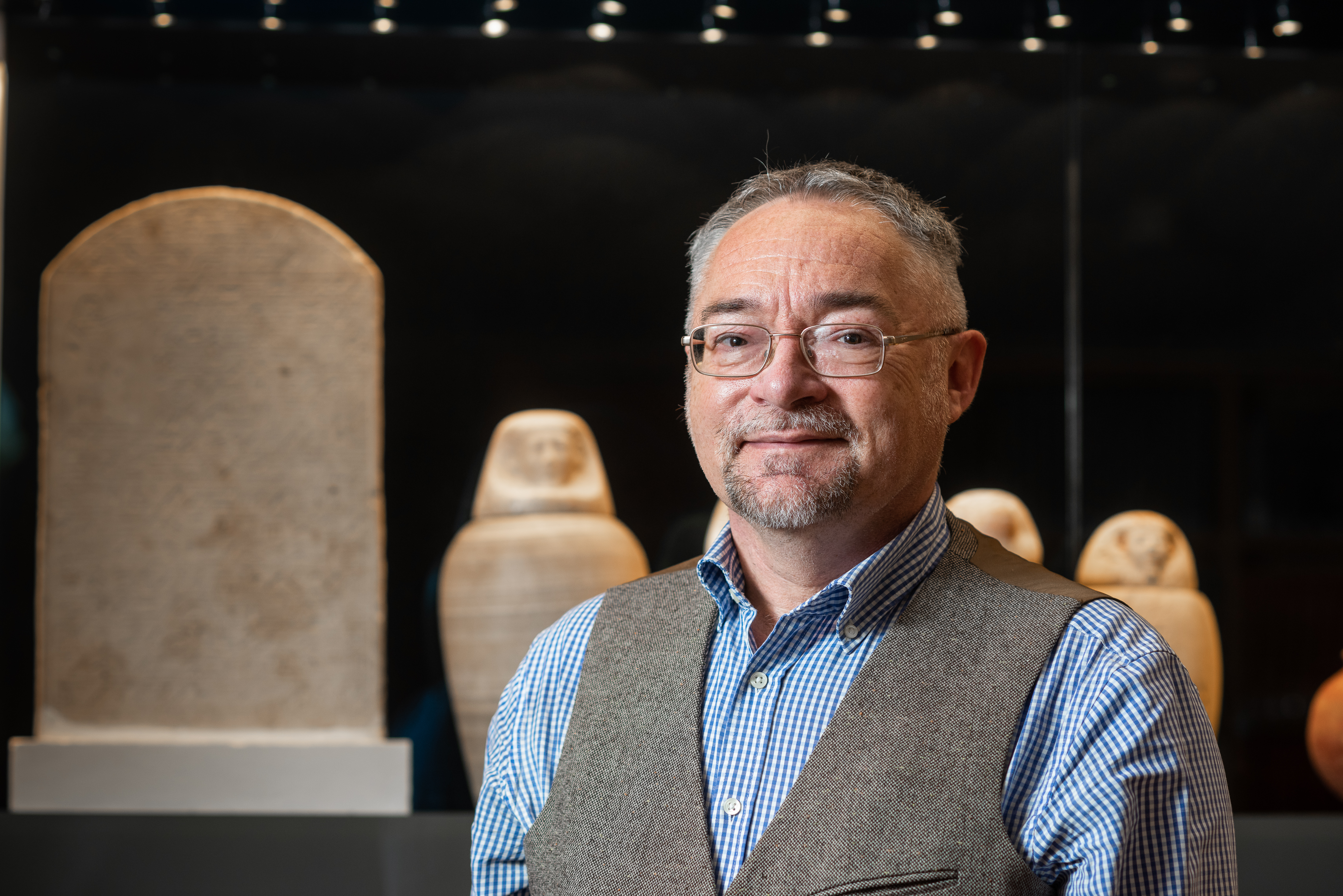Courses
- BA (Hons) Asian and Middle Eastern Studies
- BA (Hons) Classics and Asian and Middle Eastern Studies
- BA (Hons) European and Middle Eastern Languages
Admissions
At Queen’s there is a tradition of more than a century in Asian and Middle Eastern Studies and a firm commitment to the subject as an aspect of the College’s long-standing strength in language-based subjects. Students constitute a significant group within the College and find themselves fully involved in the life of the College, which forms a friendly and supportive base for their social and academic activities. The College normally admits about five students each year for Asian and Middle Eastern Studies courses. With Fellows in Chinese and Japanese, as well as the Professor of Egyptology, the College has a special interest in Chinese, Japanese, and Egyptology, but it welcomes applications for all courses taught in Asian and Middle Eastern Studies apart from Arabic, Persian and Turkish (as main courses).
The courses
Asian and Middle Eastern Studies embraces a very wide range of courses, including Arabic, Assyriology, Chinese, Egyptology, Hebrew Studies, Japanese, Jewish Studies, Persian, Sanskrit, and Turkish. Most of these courses last four years and include a period of one year spent in the relevant country, normally in the second year of the course. The College has generous funds available to support the period abroad for language study.
Candidates are not expected to have prior knowledge of any Near, Middle or Far Eastern language, although some candidates may have had an opportunity to study these beforehand, and sometimes up to A-level standard. The BA course is designed to accommodate such differences, and the intensive nature of the teaching means that undergraduates with no previous knowledge soon catch up with those who have studied before. While it is helpful to have a foreign language at A-level, it is not a requirement as long as a candidate can show genuine interest and linguistic aptitude.
Teaching
Teaching in Asian and Middle Eastern Studies is mainly organized centrally by the Faculty, with students at all colleges following the same required teaching and selecting freely from options in their areas of interest. In the case of Chinese and Japanese, teaching is held both in College and in the China Centre, Faculty of Asian and Middle Eastern Studies, or Nissan Institute of Japanese Studies, while for other courses teaching may take place in the Faculty of Asian and Middle Eastern Studies, the Griffith Institute, or the Ashmolean Museum. Facilities within the College include a substantial collection on relevant topics in the College library and the Peet Library in Egyptology. The teaching provided by Dirk Meyer, the Fellow in Chinese, covers classical Chinese language, culture and philosophy, whilst Jennifer Guest, the Fellow in Japanese, teaches pre-modern Japanese language and literature. Richard Bruce Parkinson, the Professor of Egyptology, teaches most aspects of the course in Egyptology, as well as teaching in the history and culture of the region that will be followed by students in both Egyptology and Assyriology.
Applying
As at all colleges, candidates are required to submit two pieces of written work, preferably of two different kinds, of which at least one should be in English. This should normally be marked schoolwork.
There will be at least two interviews, normally one subject-related interview at the Faculty of Asian and Middle Eastern Studies or China Centre and one interview at the College. The college interview will include discussion of a short text, supplied immediately before or during the interview, which is used as a prompt for analysis and for a tutorial-style discussion. This may lead on to more general discussion, for example about the candidate’s interest in their chosen course and what kinds of related reading or thinking they have done so far. We are looking for candidates with a genuine commitment to cultural and linguistic study, openness to studying new areas, and an ability to form independent judgements on what they have read. We are not looking for any one particular set of knowledge or experiences, and it is not necessary to have previously studied any particular language or subject at school. Above all, we are seeking to assess potential.



